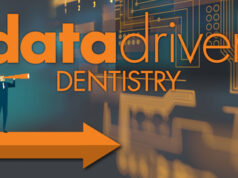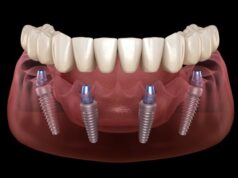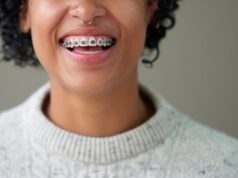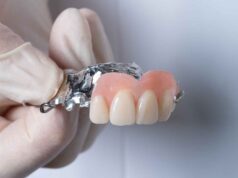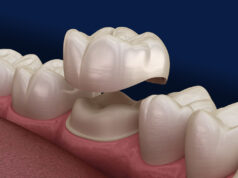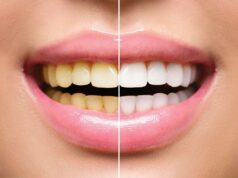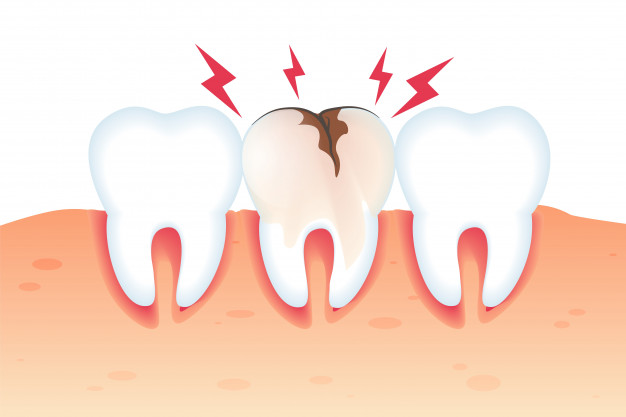
During the pandemic, many dental practices are closed. Now that they are opened, they are prioritizing the emergency appointments. They want to give a chance to help patients with emergency dental needs. Since the opening of the shops is being regulated every now and then, you want to be prepared when you are experiencing a dental emergency. The following are 8 things to do if you have a dental emergency during the pandemic.
1. Stay Calm
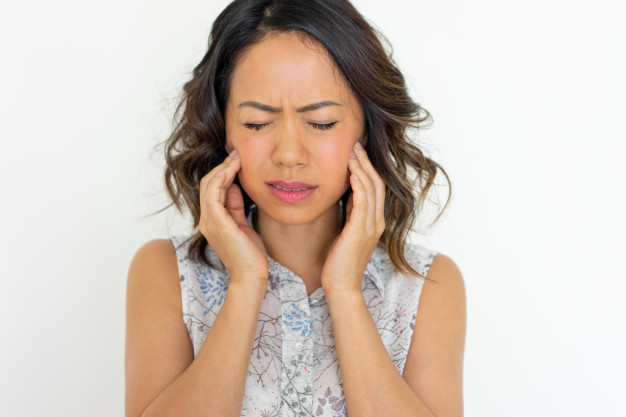
The first thing to do is to stay calm and not panic. If you panic, you may make mistakes and do something wrong that can hurt your teeth instead of making them better. You can tell someone about your dental issues and ask him to accompany you to the clinic. Since you are having a dental injury, it will be difficult for you to talk to the nurse. The person who accompanies you will be able to help you talk to the nurse and doctor.
2. Stop Consuming Food Temporarily
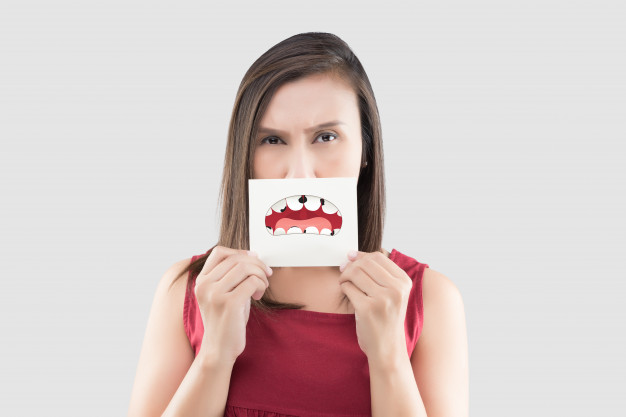
You should stop eating temporarily until you can see a dentist. It is risky and you could cause further injury to your tooth even if you say you are going to chew the food on the other side of your mouth where there are no cracked teeth. Chewing hard things like ice and candy is prohibited during the time when you are having a dental emergency. This also goes for drinking beverages like milk as it can come in contact with the injured teeth and cause damages.
3. Check if an Object is Stuck on Your Teeth
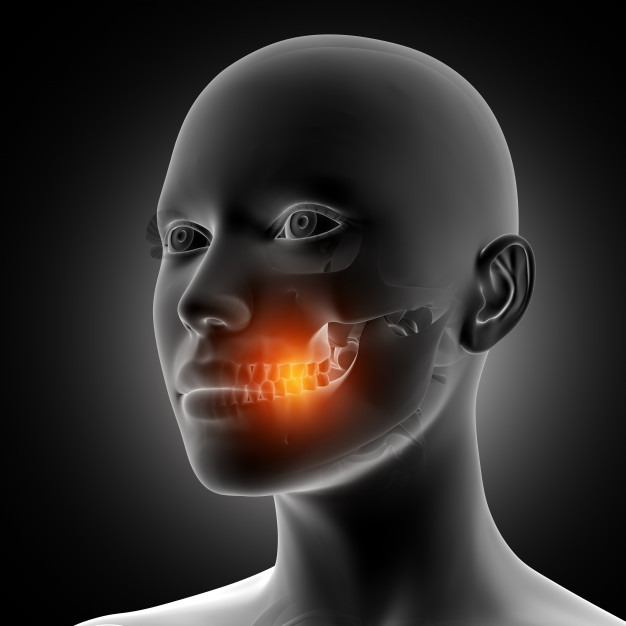
You’ll want to check if there is anything stuck on your injured teeth. If there is, try to use a floss to remove it gently. You want to be careful in using sharp instruments such as paper clips, or pins or toothpicks as you can easily hurt the injured teeth and cause them to bleed further. You should stop your attempt if you don’t have any floss or other suitable tools to remove the stuck object in your teeth. Instead, you should wait patiently until you can get in touch with an emergency dentist to help you remove the object. Get more details on https://www.shieldsdentalclinic.ie/.
4. Stop Bleeding on the Mouth Temporarily
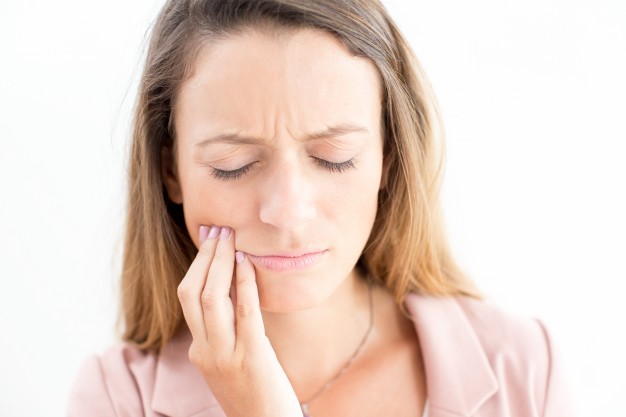
Chances are you are bleeding on your mouth after an injury. Small bleeding can be ignored as it will stop on its own. If it is serious, you will experience non stop bleeding. Bleeding can occur when you accidentally knock off your tooth or injure the soft tissues in your mouth. The soft tissues in your mouth can be your cheek, tongue, lip, and gums. To control the bleeding, you can rinse your mouth with saltwater. You can put a teabag in the bleeding area to hold it temporarily. In the meanwhile, you should see your dentist immediately to stop the bleeding. Going to the ER is the second option if your dentist is not available. You should continue to apply pressure on the bleeding until it stops.
5. Use a Cold Compress to Reduce Swelling
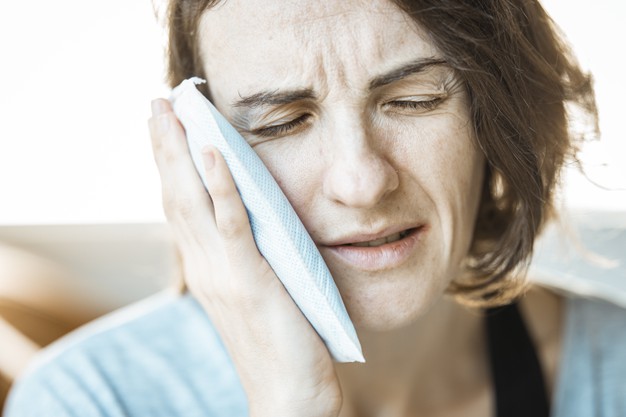
You can get a cold compress and place it against your face to reduce the swelling. The cold compress can also be applied to your tongue or lip if you accidentally bite it. The swell can spread to your neck, eyes, and floor of your mouth if it is not attended promptly. While you are seeking dental care, you can apply a cold compress to hold back the swell.
6. Keep Your Knock Out Tooth Moist

If you accidentally knock out a permanent tooth, don’t throw it away as it can be fixed back to the socket by the dentist. However, you will need to keep the knocked-out permanent tooth moist. If possible, you should put back the tooth on the socket without touching the root. You can use a tooth preservation product with ADA Seal of Acceptance to preserve the tooth. The next thing is to quickly call the emergency dentist and book an appointment with him to get your tooth fixed back.
7. Fix Your Damaged Metal Braces Promptly
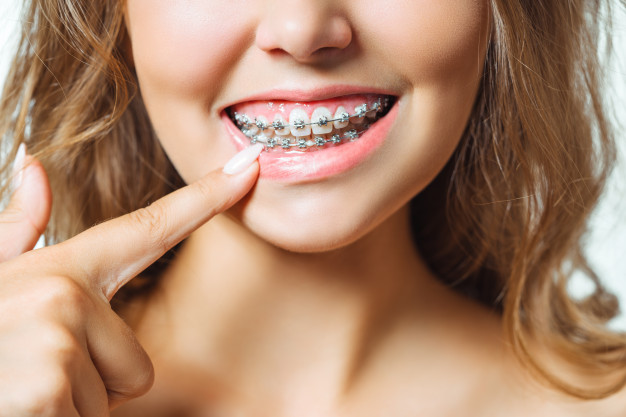
Damaged metal braces can be dangerous as they can cause injury to the mouth. Often, it is just small issues like wire out of place. In this case, you can push it back in place with a pencil eraser’s end. If the wire slips out completely, you can use your fingers or a pair of tweezers to fit back in place into the molar tube. If the wire of the braces breaks, you should not use a scissor to clip it and push it back. If the bands come loose, you can apply orthodontic wax and reattach it. If you have any problem with your metal braces, you should see your dentist. Your dentist will be able to check your braces and fix them accordingly. If necessary, he can also replace a new one for you.
8. See a Dentist if You Notice Abnormal Symptoms

Now and then, you should look in the mirror to check your teeth and gum for abnormal symptoms. If you are noticing abnormal symptoms, you are having oral infections or oral disease. You need to see a dentist identify it and get it treated. If it is treated in an early stage, you will be able to prevent it from worsening and develop into other more serious complications. A chronic mouth problem can be linked to other health concerns such as heart disease, stroke, and diabetes.
One symptom that is often overlooked is tooth abscess. A tooth abscess, also known as gum abscess, is a pocket of pus that develops on the tooth root. It is often accompanied by fever, bad breath, and throbbing toothache. The infection can be spread to the neck and cause bone loss if it is left untreated. The symptom is not triggered by a tooth trauma so it is easy to oversee the seriousness of the problem. It is more important to be safe than to be sorry afterward so you should be seeing a dentist immediately.

